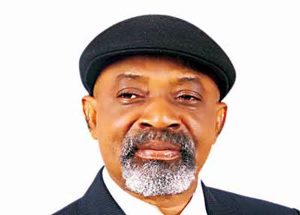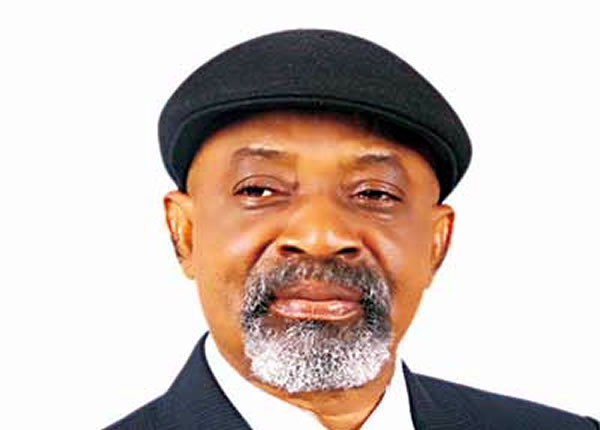The Federal Government, in collaboration with the African Development Bank, on Tuesday in Abuja inaugurated a task force to tackle the menace of youth unemployment.
The committee, to be chaired by the Minister of Labour and Employment, Dr Chris Ngige, was inaugurated by the Minister of State for Labour and Employment, Prof Stephen Ocheni.
 According to Ocheni, the task force is saddled with the responsibility of convening a private sector roundtable engagement as an exchange platform towards the identification and financing of eight projects for accelerated youth employment and skills development.
According to Ocheni, the task force is saddled with the responsibility of convening a private sector roundtable engagement as an exchange platform towards the identification and financing of eight projects for accelerated youth employment and skills development.
The work of the team is also expected to key into the aspirations of the Economic Recovery and Growth Plan of the present administration and boost the rate of attainment of the relevant Sustainable Development Goals in the country.
Ocheni said, “The Federal Government, in continued efforts to respond to the unacceptable situation and reverse the trend, has entered into a partnership with the AfDB to engage a broad spectrum of stakeholders in a roundtable discussion on youth employment and skills development in Nigeria.
“The programme is planned to have rich private sector participation due to the widely acknowledged higher potential for job creation by this sector. Moreover, the need for all hands to be on deck in solving the problem of unemployment is the far-reaching implications of the consequences on our socio-economic well-being, which affects every sector of the economy.”
Speaking at the event, the Senior Director, Nigeria Country Office, AfDB, Mr Ebrima Faal, said it was imperative for Nigeria to tackle its unemployment challenge, adding that this would have a positive impact on the rest of Africa.
Faal stated, “Today, about half of the nearly 200 million people of Nigeria are between the ages of 15 and 30 years. This population is estimated to increase by eight times over the next three decades.
“The population dynamic sets Nigeria apart as one of the main five countries leading Africa’s population growth rate of 3.5 per cent per annum. The other four countries are Democratic Republic of Congo, Ethiopia, Tanzania and Uganda.
“So, there are genuine concerns of ensuring that the increasing numbers of children and youths, basically the human capital endowment, are equipped for the jobs of today and tomorrow, and are contributing productively to the economy.”
Faal added, “Of the 85.08 million of Nigeria’s labour force, 77.55 million are engaged in some sort of economic activity. This leaves out 7.53 million people doing absolutely nothing.
“Even with employment, majority are in the informal sector, which continues to be plagued by poor working conditions. That is why it is important to divulge innovative solutions that will catalyse on these demographic endowments for economic progress.”
According to him, since 2016, the AfDB has invested over $400m in public and private sector operations aimed at creating jobs in the country.
Organisations represented in the task force include the Nigerian National Petroleum Corporation, Nigerian Communications Commission, Nigeria Governors’ Forum, Nigeria Labour Congress and the Nigerian Economic Summit Group.











